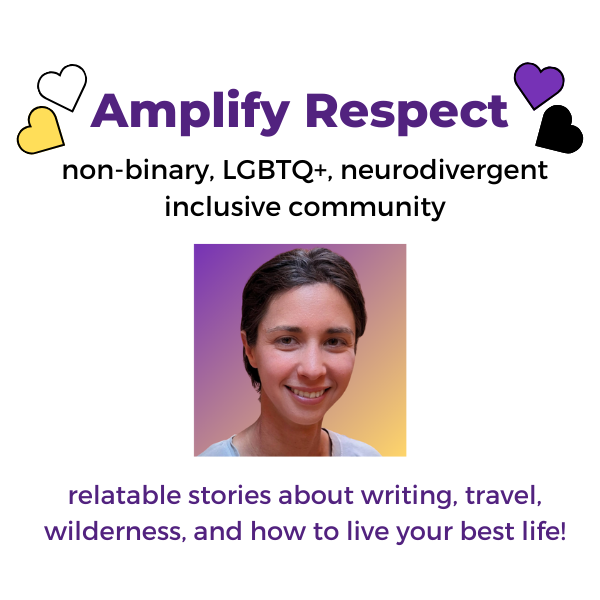You know you should use a diverse set of expert sources for your articles. But how do you find someone who is an expert in your topic who doesn’t happen to be a white cishet man?
Check out my specific suggestions for how to find diverse sources for journalism in this post.
Hi, I’m Rey, a nonbinary writer! Please subscribe for more stories and resources:

I believe it’s crucial for good journalism to interview sources who are directly affected by the issues you are writing about. For example, if you are reporting on healthcare standards for trans people, please interview trans people. But even if you are not reporting on an issue specific to trans people, you may find a trans person who is an expert to contribute to your piece.
Here are some tactics for finding diverse sources for journalism:
Consider how representative your existing sources are
In my experience, certain demographics (white people, men) are more likely to answer a call for interviewees. Make a list of your sources and privately jot down a note about their demographics. If you notice a pattern (you are interviewing all white people, for example) now you know you need to reach out to a more representative sample of people.
The same applies to your quotes and references. Note the demographics of any authors you are referencing. Make sure you are well-read on your topic; search for authors of color and LGBTQ authors.

Use databases to find experts
Many organizations compile lists of experts from underrepresented groups who have volunteered to be sources for journalism. Here are a few example searchable databases of experts who you could reach out to for your next piece.
NPR Diverse Sources Database – “Find experts from racial and ethnic groups underrepresented in the media.”
AAJA Studio – From the Asian American Journalists Association, a curated directory of experts
Local databases of diverse sources exist for some US states or cities. Try Google searching your location along with “diverse sources” and see what you can find.

Search on Twitter for experts
Yes, I know, Twitter may not exist anymore by the time you read this. But I have found Twitter to be the best platform for finding sources for journalism, by searching by keyword or posting with the hashtag #journorequest.
When I ask for sources, in my experience, predominantly white people answer my request. This may be because I am a white person myself making the ask. Regardless of the cause, if that happens, I reach out to people of color so I am not only talking to white people.
If I was looking for a trans expert in something that was not “being a trans person,” I would search on Twitter for the occupation plus the word “trans” or “LGBTQ”. For example, if I needed to interview a naturalist, I would try searching “trans naturalist.” Because sometimes people post about their identity and their job.
This idea of searching for experts works well on Twitter, but is also relevant to other social media platforms or even a simple Google search.

Ask your existing sources for recommendations
If you’re already in contact with a source for your piece, you can ask them if there’s anyone else they recommend you reach out to. You can share that you’re looking to include a diverse group of sources in your piece. People know other people in their own industry well, generally, so you may get some excellent personal recommendations or even an intro.
Thanks for taking a little more time and effort to search out diverse sources for journalism. This is a small step we can all take towards better representation in the media.
